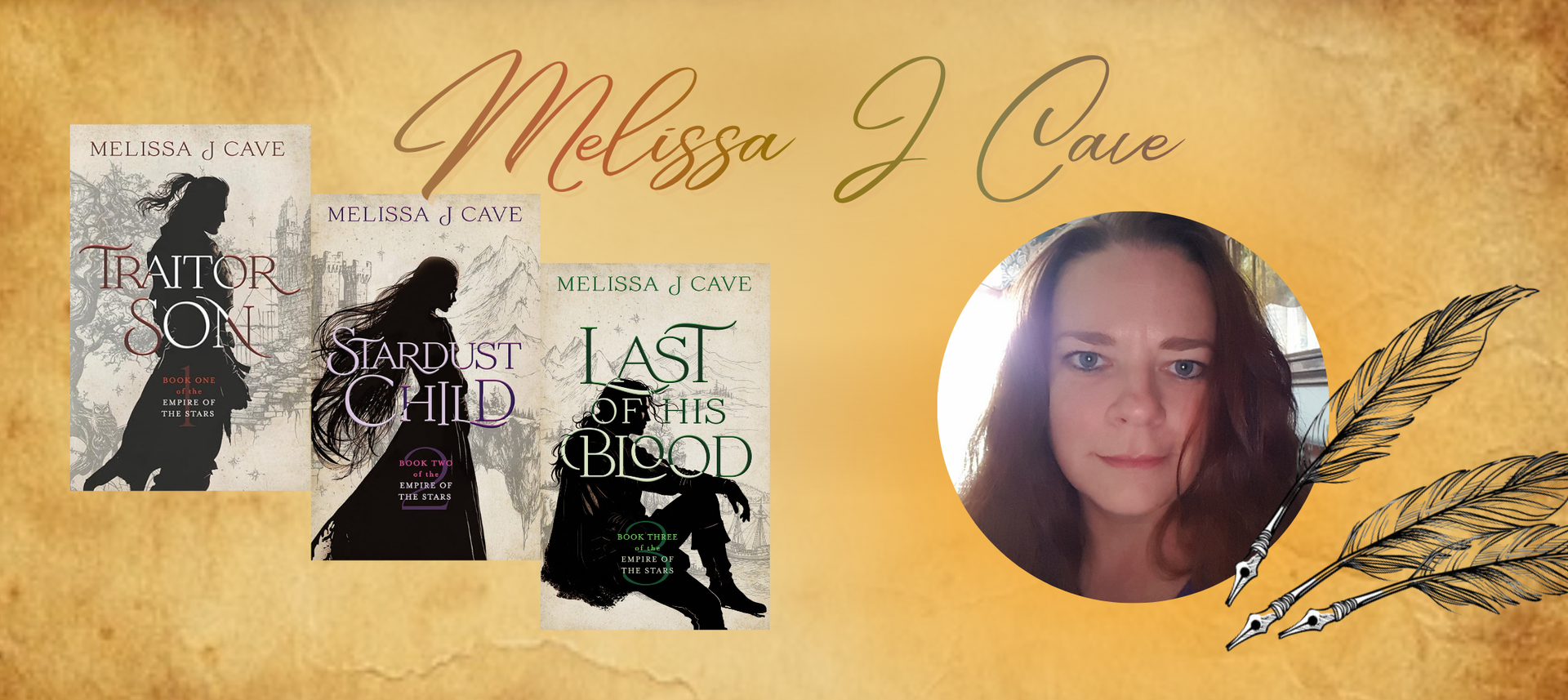October 9, 2025
Maybe it’s just me but, have you noticed how certain words seem to get worn out until they barely mean anything anymore? This semantic satiation that happens with words like slammed, scandal, outrage, freedom, patriotism, woke, crisis, radical, tradition, family values, extremist, radical or even truth itself is a characteristic of propaganda. These words carry questions that go unanswered. That’s not an accident. When words get vague, they’re easier to weaponize. They can be filled with whatever meaning the speaker needs, and suddenly language stops being a tool for clarity and becomes a tool for control. This is what I mean when I say “degradation of language.” It’s not that people today are dumber or that anything is ruining language. Language has always evolved. But lately, it’s evolving in a way that strips away nuance and rewards repetition, bluntness, repetition, emotion, and repetition. It’s evolving with intent and potency. The intent more often than not, turns out to be to conceal or obfuscate the truth. The potency of any message is now higher than ever thanks to social media. It’s this generation’s Magnavox Speaker. Think about the way social media works: character limits, hashtags, memes. The simpler and punchier the phrase, the more it spreads. That’s great for a joke, but terrible for critical thinking. Critical thinking requires time and contemplation and debate. It’s an excellent environment to spread emotionally loaded language. By the time the debate is had the narrative has moved on and there’s nothing left to debate. Propagandists know this and they count on it. Using loaded language that lights up our emotions. Loaded language is the use of terms or phrases that are designed to bypass your brain and go straight to your gut, instead of more neutral terms. You don’t stop to ask, “Wait, what do you actually mean by that?” because the emotional reaction is already doing the work. Words like bureaucrat instead of elected official. Or elitist instead of expert. Illegal immigrant instead of asylum seeker. Radical instead of opponent. One rebellion’s freedom fighter is another empire’s terrorist. Right, Star Wars fans? We’ve seen this play out before. Euphemisms (less offensive synonyms for unpleasant terms) make horrors palatable. Repetition makes lies familiar. So they turn words into euphemisms and repeat them. And nostalgia is the sweetest bait of all. Whisper “things used to be better” and half the work is already done. Governments and media love to use doublespeak. They swap out harsh truths for soft language: “collateral damage” instead of “civilian deaths.” “Enhanced interrogation” instead of “torture.” “Efficiency improvements” instead of “budget cuts.” “Metadata analysis” instead of “mass spying.” “Protecting national interests” instead of “suppressing dissent.” “Resource Optimisation” instead of “exploitation.” It sounds sterile, almost clinical, but that’s the point. If the words are clean, you don’t feel the blood on them. The intention is to obscure the truth and manipulate. Perhaps the most dangerous misuse of language is dehumanization. The moment you start hearing humans described as “animals,” “aliens,” “vermin,””Illegals” or anything less than human, you should hear sirens in your head. When you hear terms like “infestation” or “savage” or if words gain negative connotation when targeted at a group of people, your sirens should scream. Again, we’ve seen this play out before. Once the words sink in, the unthinkable starts to feel normal. We’ve seen before that the language of dehumanization is often followed by violence. Don’t believe me? “Do your own research” and READ about dehumanization. In April of 1946 George Orwell published an essay titled, “Politics and the English Language.” Addressing the political volatility of the time and what he saw as the misuse of language, Orwell warns that this lack of attention to the words we use has an eroding effect on our civilization. An effect he details by writing: Now, it is clear that the decline of a language must ultimately have political and economic causes: it is not due simply to the bad influence of this or that individual writer. But an effect can become a cause, reinforcing the original cause and producing the same effect in an intensified form, and so on indefinitely. A man may take to drink because he feels himself to be a failure, and then fail all the more completely because he drinks. It is rather the same thing that is happening to the English language. In that he describes a self fulfilling cycle of harm that I think makes it easy to understand our current political climate. It takes a lot of energy to try to hold the flood of opinions disguised as facts to account. Most humans can’t keep up and so we put our heads down to keep from being overwhelmed by it all. But here is George Orwell, 80 years ago, with prescience, because history repeats itself, telling us how, individually, we can overcome it. ..”Stuart Chase and others have come near to claiming that all abstract words are meaningless, and have used this as a pretext for advocating a kind of political quietism. Since you don’t know what Fascism is, how can you struggle against Fascism? One need not swallow such absurdities as this, but one ought to recognize that the present political chaos is connected with the decay of language, and that one can probably bring about some improvement by starting at the verbal end. If you simplify your English, you are freed from the worst follies of orthodoxy. You cannot speak any of the necessary dialects, and when you make a stupid remark its stupidity will be obvious, even to yourself. Political language —and with variations this is true of all political parties, from Conservatives to Anarchists— is designed to make lies sound truthful and murder respectable, and to give an appearance of solidity to pure wind. One cannot change this all in a moment, but one can at least change one’s own habits, and from time to time one can even, if one jeers loudly enough, send some worn-out and useless phrase —some jackboot, Achilles’ heel, hotbed, melting pot, acid test, veritable inferno, or other lump of verbal refuse— into the dustbin, where it belongs.” So the good news is, you can fight it simply by noticing it. The moment you pause and ask, What does that word really mean? Why are they disguising things? You take the teeth out of the trick. When you hear slogans repeated over and over, ask yourself why? When someone leans on emotional euphemisms or words taken out of context and undefined concepts, recognize these things for what they are: an attempt to play you. Language is powerful because it shapes the way we think. Words mold our reality. Don’t let someone else define that reality for you. Don’t let someone else shape the way you think. To protect yourself all you have to do is be mindful of what you hear and repeat. If we stay sharp, demand clarity, resist vagueness, and call out the use of euphemisms, propaganda loses a lot of its power. In the end, protecting our language is protecting our freedom to think. Be careful when they come for that, though. “A word to the unwise. Torch every book. Char every page. Burn every word to ash. Ideas are incombustible. And therein lies your real fear.” - Ellen Hopkins, Burned












